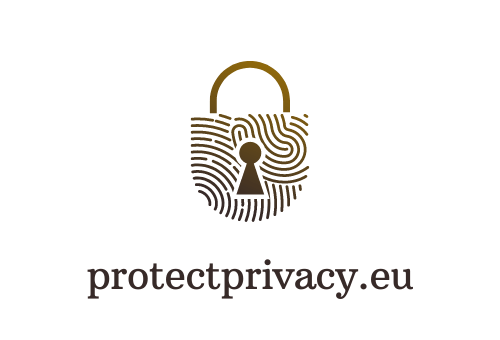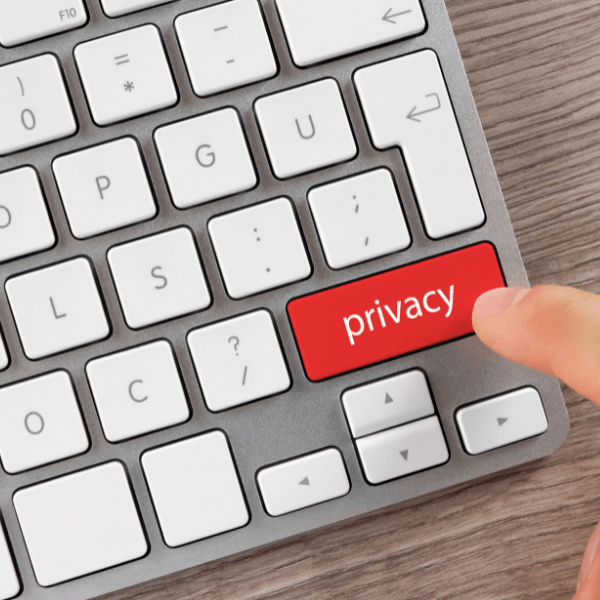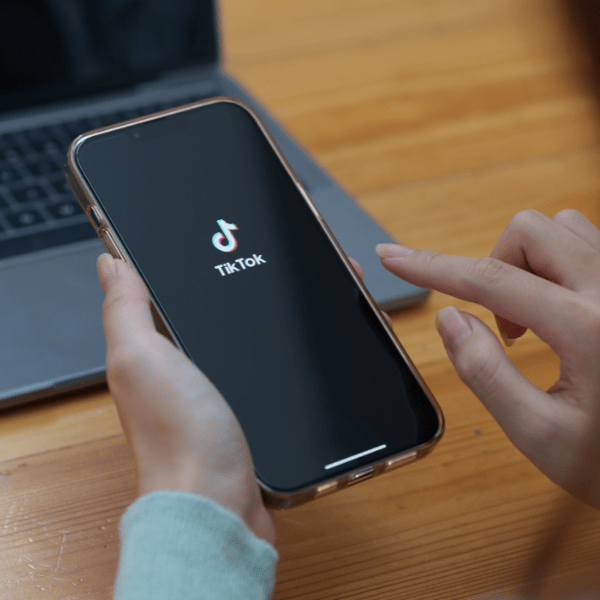The Ethics of Cybersecurity: Balancing Privacy and Safety

In the contemporary digital landscape, cybersecurity has evolved into a crucial concern for both individuals and organizations. As the battle against cybercrime escalates, a complex array of ethical dilemmas surfaces, challenging the delicate equilibrium between privacy and safety. This article aims to delve into these moral quandaries, illuminating the ethical dimensions of cybersecurity.
The Landscape of Cybersecurity
Cybersecurity, at its core, is the practice of safeguarding systems, networks, and programs from digital attacks. These attacks often aim to access, alter, or destroy sensitive information, disrupt normal business processes, or extort money from users. As our dependence on digital platforms expands, so does the sophistication and frequency of these cyber-attacks, making cybersecurity a paramount concern.
The Ethical Dilemmas in Cybersecurity
The fight against cybercrime is not merely a technical battle but also an ethical one. The central ethical issue revolves around the balance between privacy and safety. On one hand, there is a need to protect sensitive data and uphold individual privacy. On the other hand, there is a need to monitor and track digital activities to prevent and respond to cyber threats. This creates a moral dilemma: How much privacy should be sacrificed for the sake of safety?
For instance, one of the ethical dilemmas in cybersecurity is vulnerability disclosure. Researchers often grapple with when and how to inform the public about vulnerabilities in widely-used products. Similarly, companies face ethical questions about how to respond to legal law enforcement requests for encrypted data.
The Impact on Businesses
For businesses, this ethical dilemma is particularly acute. Companies hold vast amounts of sensitive data, making them prime targets for cybercriminals. To protect themselves, they need to implement robust cybersecurity measures. However, these measures often involve monitoring employee activities, which can infringe on individual privacy rights. This raises the question: How can businesses protect their assets while respecting their employees’ privacy?
For instance, cybersecurity professionals often have access to personal, private, or proprietary information that should be kept strictly confidential. Revealing such information could ruin a person’s career or personal life, presenting an ethical challenge.

The Impact on Individuals
Individuals, too, face similar ethical challenges. In the digital age, personal information is a valuable commodity. While individuals want to protect their digital identities, they also want to enjoy the benefits of the digital world, which often requires sharing personal information. This creates a paradox: How can individuals enjoy the benefits of the digital world while maintaining their privacy?
Moreover, privacy concerns are intertwined with cybersecurity issues in a complex relationship. Cybersecurity is intended to defend us against threats such as identity theft, which profoundly violate a user’s privacy. Even those who try to live disconnected from the digital world cannot prevent sensitive data about them from being generated and shared by their friends or family.
Conclusion
The ethical challenges of cybersecurity are complex and multifaceted. Balancing privacy and safety in the digital age is not an easy task. It requires careful consideration of ethical principles, legal regulations, and technical capabilities. As we continue to navigate the digital era, it is crucial that we engage in open and thoughtful discussions about these ethical dilemmas to ensure a safe and respectful digital environment.








